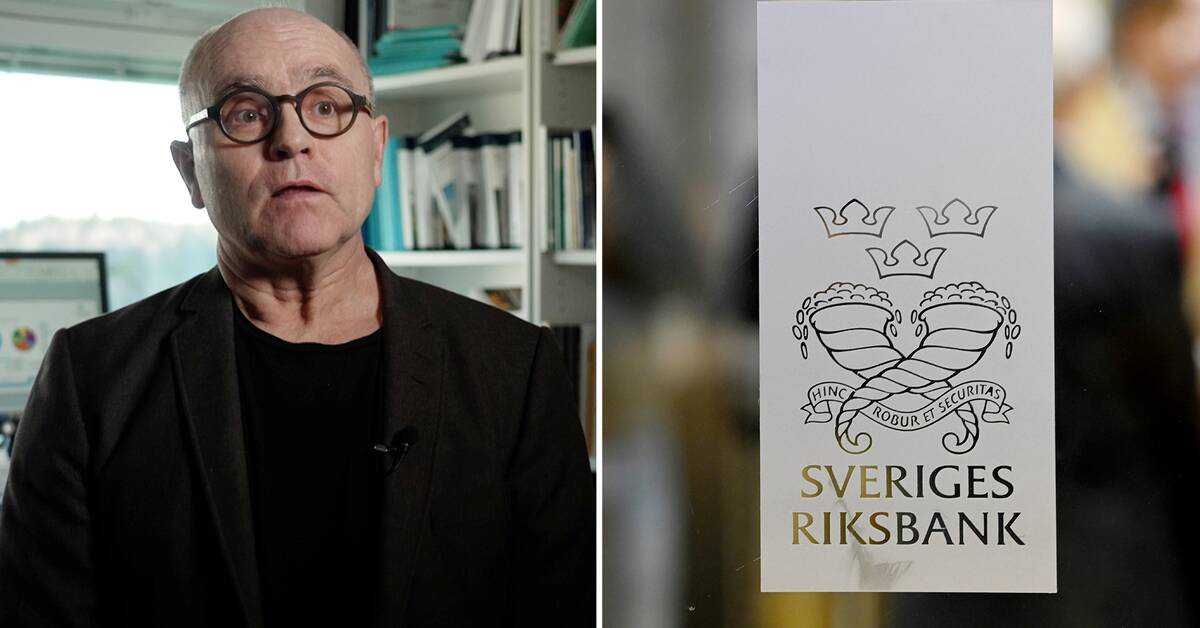In February, the Riksbank is expected to raise interest rates to cool down the economy and reduce price increases, i.e. inflation.
But the interest rate may continue to rise for other reasons.
Since the turn of the year, the Riksbank has started to dispose of securities - so-called bonds or loans with interest.
Something that can have the effect of a stealthy interest rate increase.
A "quiet interest rate increase" that comes creeping.
The securities that were once bought to lower the interest rate can now raise the same when they are liquidated.
Halving the securities portfolio
It's about big money.
The mountain of securities must be reduced by SEK 490 billion until the year 2025. This means more than halving the securities portfolio.
The amount corresponds to approximately nine percent of Sweden's economy, measured in GDP, over the course of a year.
But it's thin ice you're venturing on.
- Because we have not sold out this much securities before.
That is the big explanation for that, says John Hassler, professor of economics at Stockholm University.
- But what to do?
They have not sat on such large assets before.
Everyone agrees that it is good if you can get out of this, then you have to take it easy and carefully, says John Hassler.
That's how much interest rates can rise
How big of an upward effect on the interest rate the liquidation of the securities portfolio gives is based on the experience gained from when national and central banks did the opposite - bought securities to lower the interest rate.
The organization OECD's economists have calculated figures on the effect.
They believe in an increase, for the longer interest rates, of between half and almost one percentage point in Sweden over the next few years.
Even they are unsure of the consequences.
John Hassler shares the uncertain assessment:
- The connection between these things and the rate at which it is sold (the securities, editor's note) we don't know until we see it, says John Hassler.

